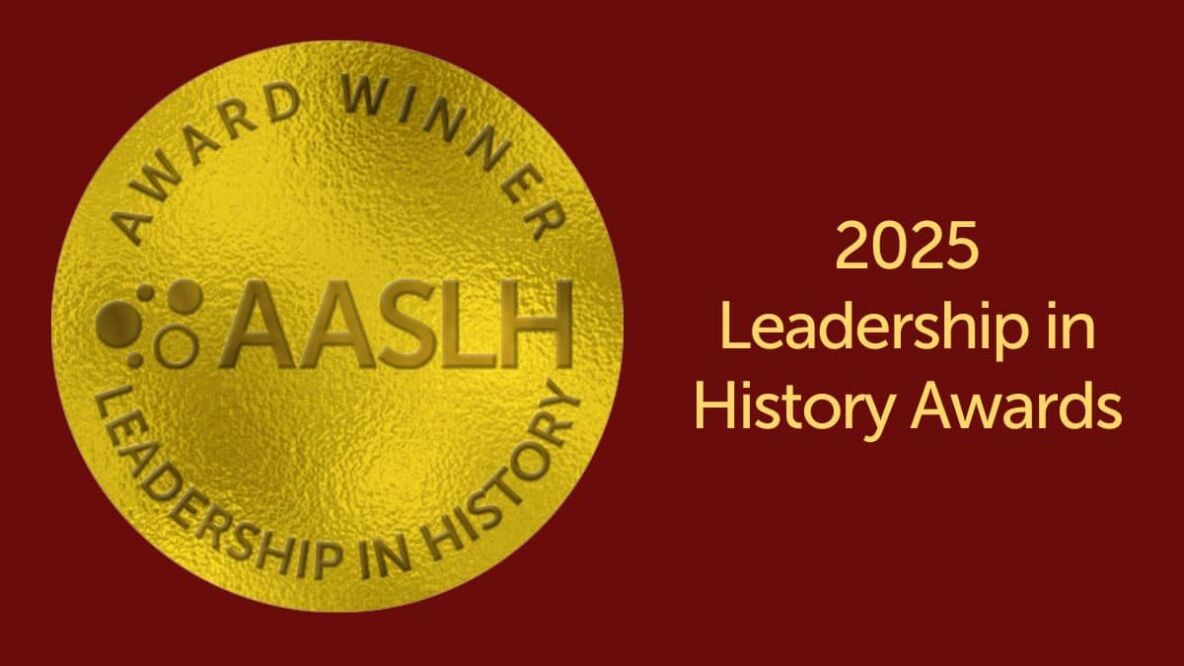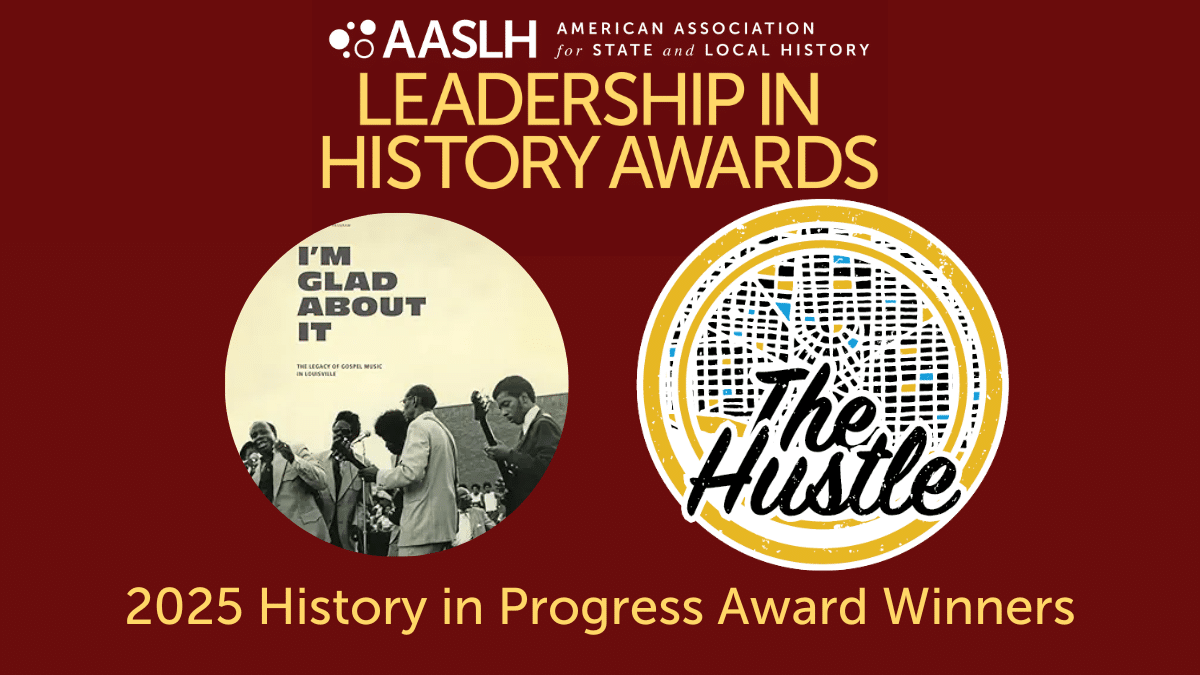
By David Grabitske, Castroville, TX
Thursday, December 29, 1904, was a fair-weather day in Chicago, cold and clear. Henry E. Bourne addressed the American Historical Association’s annual meeting on “The Work of American Historical Societies.” He pronounced the diversity of organization, funding, and business lines of roughly six hundred enterprises “encouraging” because each was uniquely adapted to its community. He feared history work was ineffective as services and products were “uneven.” He held up the “gold stars” of the very largest state historical societies as “proofs of what has or should be accomplished.” He longed for coordinated and mandated planning as “necessity is present” but, in conclusion, the only question was “What shall be done?”
After reading Avi Decter and Ken Yellis’s AASLH blog, “What Then Must Be Done?” from September 16, 2020, I had to check the calendar to see if I somehow wound up in 1904.
While Bourne expected history organizations to serve academic interests, Decter and Yellis desire them to serve museum and social justice interests. All three overlook the unique business model that is the history enterprise. Decter and Yellis further do not consider the impact of pandemic on that business model. None discuss the essential public service that history enterprises do.
Today there are about 20,000 history enterprises, many of whom operate museums among numerous business lines. These enterprises encompass the spectrum of history work beyond museums: historic preservation, archives, genealogy, research, publications, language preservation, oral history, and the list goes on.
The primary task of history enterprises is collecting current events so that the future has the resources it needs. Why shame these enterprises for not doing something for which they are not prepared? Why not praise them for expertly performing the critical tasks for which they were created?
History is literature. No history written can recreate the past exactly as it was. History literally means “inquiries.” For those annoyed that history keeps changing, it does so because our questions of the past keep changing as we wrestle with new questions.
Numerous traditions also shape the questions. Economic and military traditions are among the most senior, but they are no more important than social, feminist, gender, or other traditions. Social justice is another tradition. All can be useful in creating clearer answers to our inquiries. None are exclusive, and none are more important than the others. Why insist that history enterprises deprived of revenue and employees by the pandemic pursue only social justice?
Nevertheless, we should keep asking this fair question, but answers in 1904 and 2020 are cold and unclear for not acknowledging the business model of those studied.
Like the authors, I encourage growth. I value systemic studies. I revel in the profound actions of many colleagues, especially Steve Murray, Director of the Alabama Department of Archives and History. Social justice can be important, but it is one of many lenses to focus meaning and not the litmus test of worthiness. Actions and lenses are less useful without the raw materials that get preserved.
Hurrah for the history enterprise!
David Grabitske has 30 years’ experience developing capacity of history enterprises through his combined training as a historian and in business.



